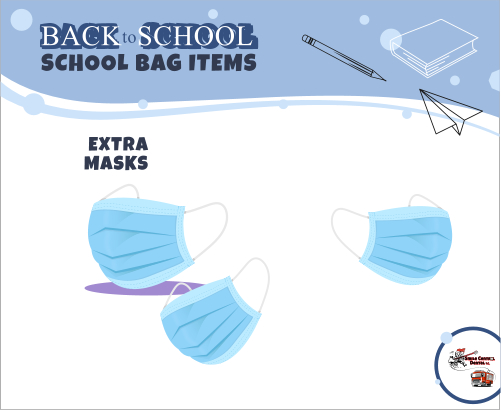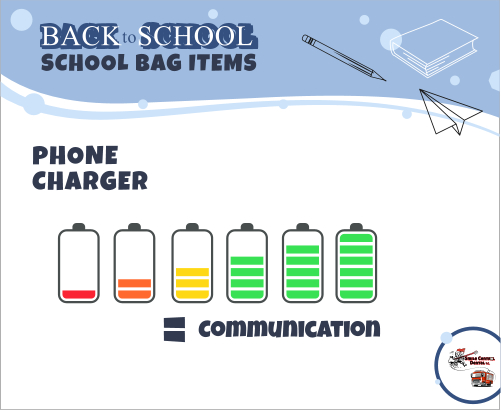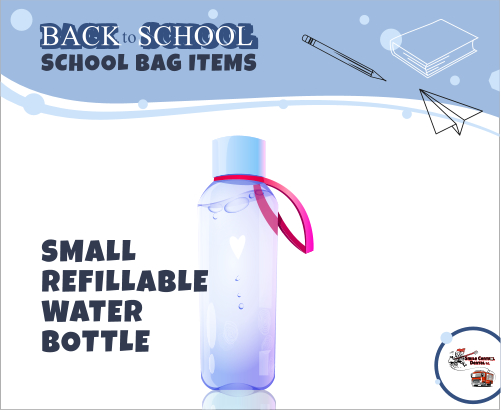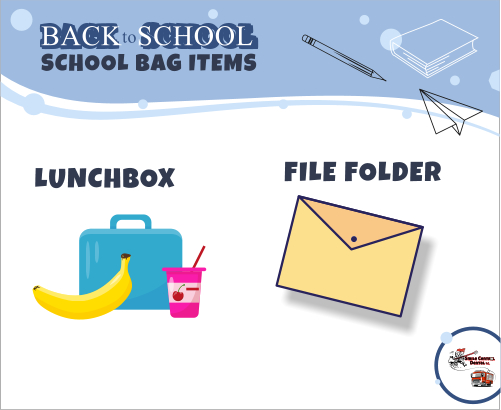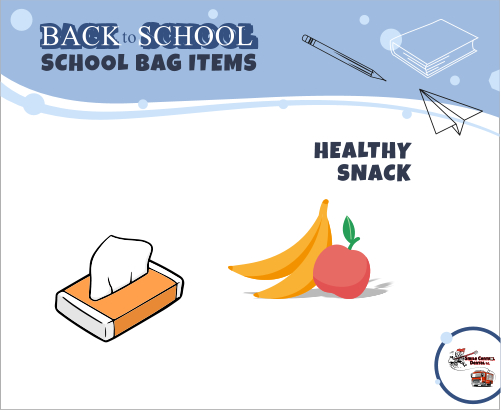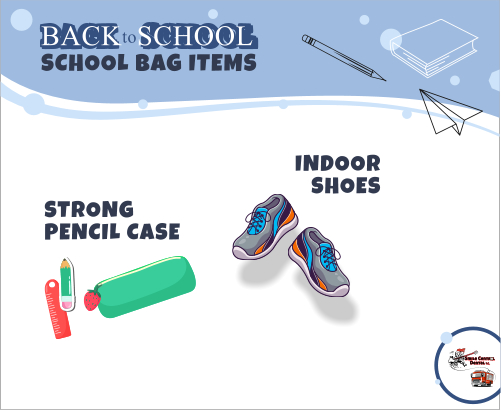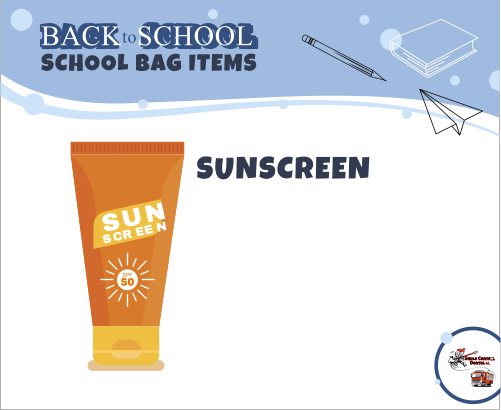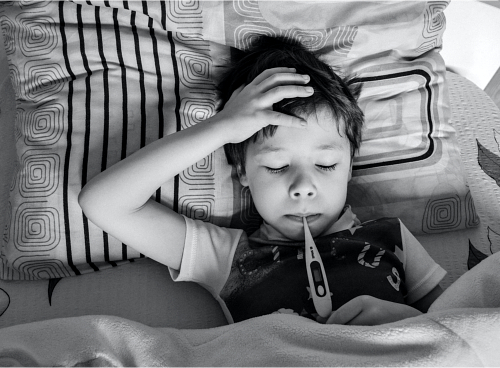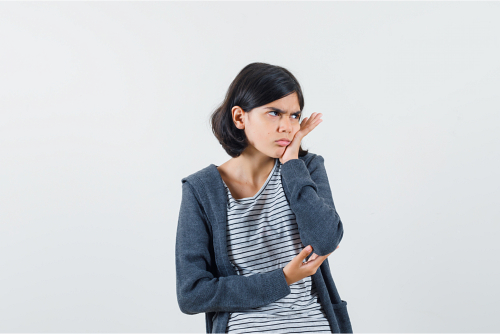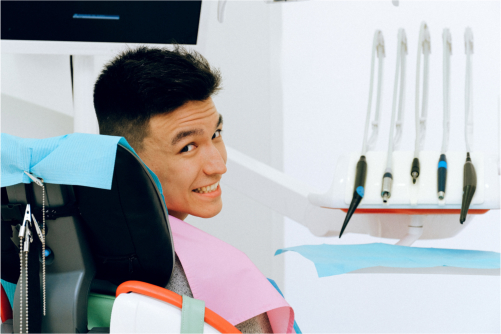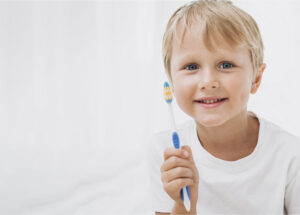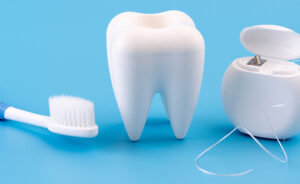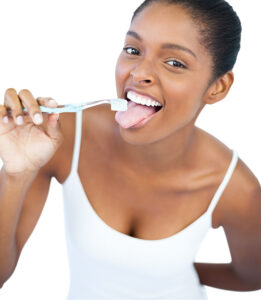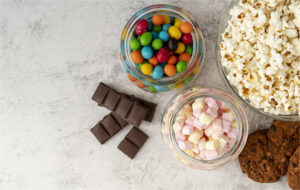1. How can I improve my child's smile?
This is a broad question and it is awesome because
there are quite a few ways to improve your smile.
This question keeps things open for your dentist to address. The learning possibilities here are ample.
2. What should my child's oral hygiene regimen be?
Not everyone does the same routine. Your dentist
can address how to set up an at-home care regimen
that fits yours and child's lifestyle.
Some examples are:
Brush, floss, and rinse daily.
Eat a balanced diet and limit snacking.
Examine your mouth regularly.
Develop a partnership with your dentist.
3. When should my child have their first checkup and how often should they have a dental exam and cleaning?
Asking your dentist this question is good because
the dentist can address your child's specific case.
For average, every 6 months is good practice.
It is still good to ask your dentist this question.
4. How can I keep my child's teeth whiter?
This is a good question to ask because you may find out extra ways to combat staining your teeth while staying overall healthy.
5. Does my child have any dental health conditions I should know about?
There are some things that concern me.
This question will be a great way to start a conversation about
your health goals for your child, and how you can reach your goals
as well as reach improvement.
If you have some concerns, let your dentist know so they can
address these so nothing gets missed.
6. When Do Baby Teeth Typically Fall Out?
Most children begin losing their baby teeth between the ages of six and eight.
Every child is different and their teeth may fall out in different times.
Consult with your dentist.
7. Is mouthwash safe for kids?
Typically mouthwash is not advised for kids until they reach the
age of 6 or 7. But it is highly advised to consult with your dentist.
8. What is Causing the Pain in My child's Teeth?
Pain in your children's teeth can be caused by several
reasons such as tooth sensitivity, a broken tooth,
or an infection.
It is very important to seek consultation and ask your dentist
questions if your child is experiencing pain.
X-rays will be taken but causes can be detected by a full examination.
9. Are Sports drinks good for my teen?
This question is great for several reasons.
Sports drinks may be good for energy and performance, but they
contain alot of sugar and artificial elements which can be very harmful
to your childs or teens teeth.
Ask your dentist about sports drinks and healthy drinks.
10. Does my child need any dental treatments?
Even if you feel your childs mouth or teeth are fine,
dental treatments may be beneficial.
Talking about potential options with your dentist
is a good strategy.
11. What are your payment and financial policies?
Asking about a Dental firms policies and practices is
important so you may be fully informed before you move forward
with any treatments.
12. Is my child grinding their teeth and why?
What should I do?
Bruxism (BRUK-siz-um) is a condition in which you involuntary grind,
gnash or clench your teeth. Some people may not
know they are experiencing it and why, especially kids.
13. Should I change my diet in any way?
Believe it or not, food has a big impact on dental health.
A great way to improve your childs smile is to ask your dentist
about a healthy diet that promotes great dental health.
Every child needs a healthy diet but some may have allergies and other conditions. Make sure to speak with your dentist about this.
14. What is your continuing education policy?
This is a great question but it can better be asked the following way.
Do your dentists continue learning about dentistry, tools,
medicines?
Are your dentists part of any organizations?
Dentists have supporting organizations that keep them
informed and educated as science and dentistry practices
undergo change.
It's ok to ask them how they keep up with continuing education.
Our Dentists stay diligent on trends and continuing education in several ways.
Next time you visit the dentist, don't be afraid to ask these questions.
They are there to help your child with their dental health, overall health and to educate the community about dental health.
To schedule a first consultation or visit, please contact us at
one of our locations:
SCHEDULE an appointment here

